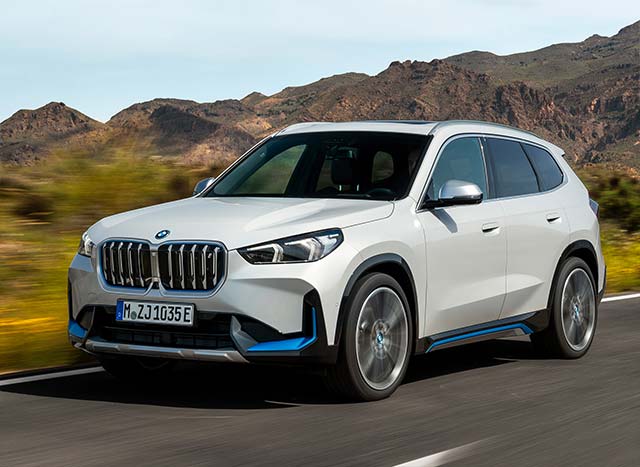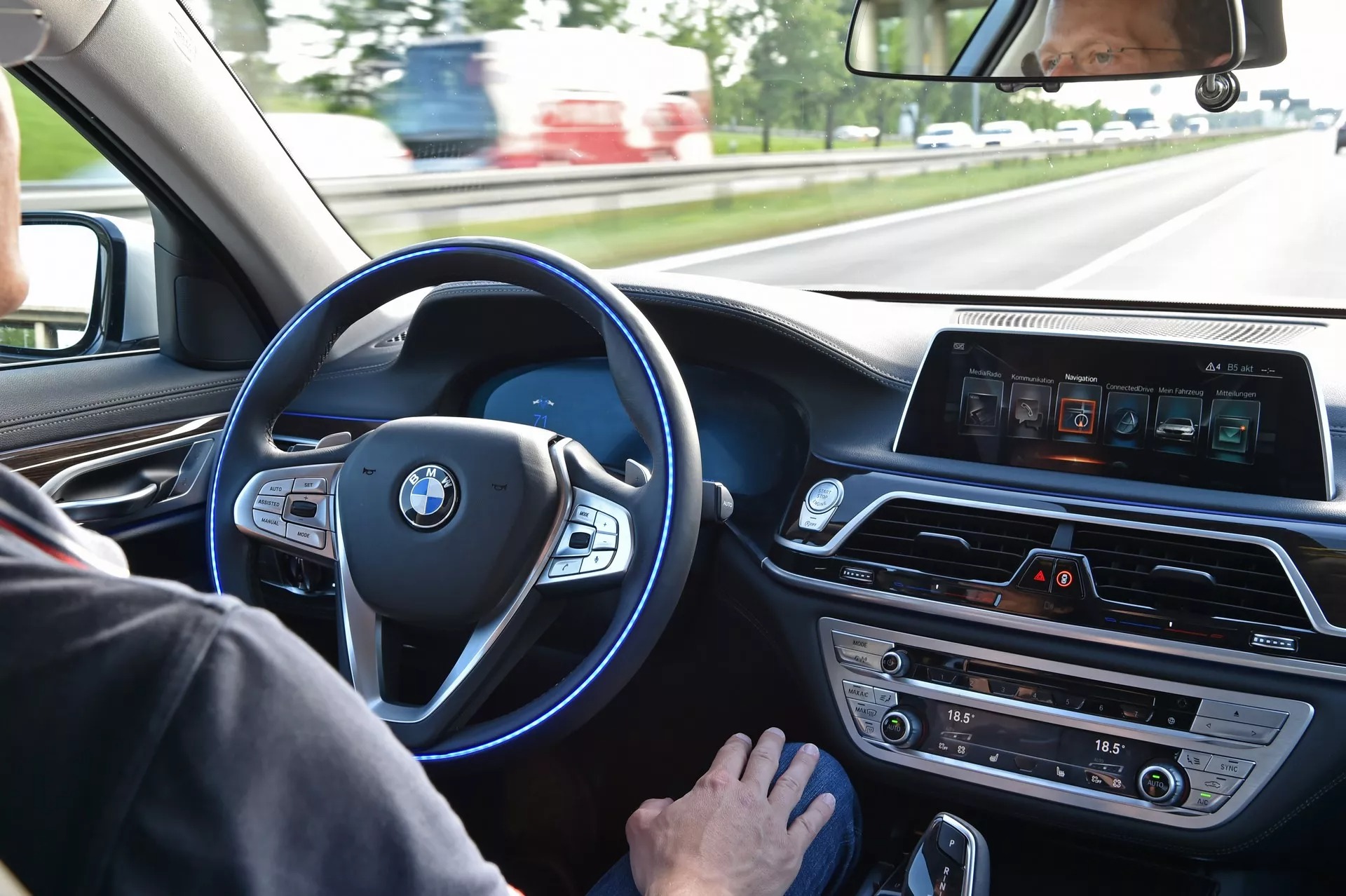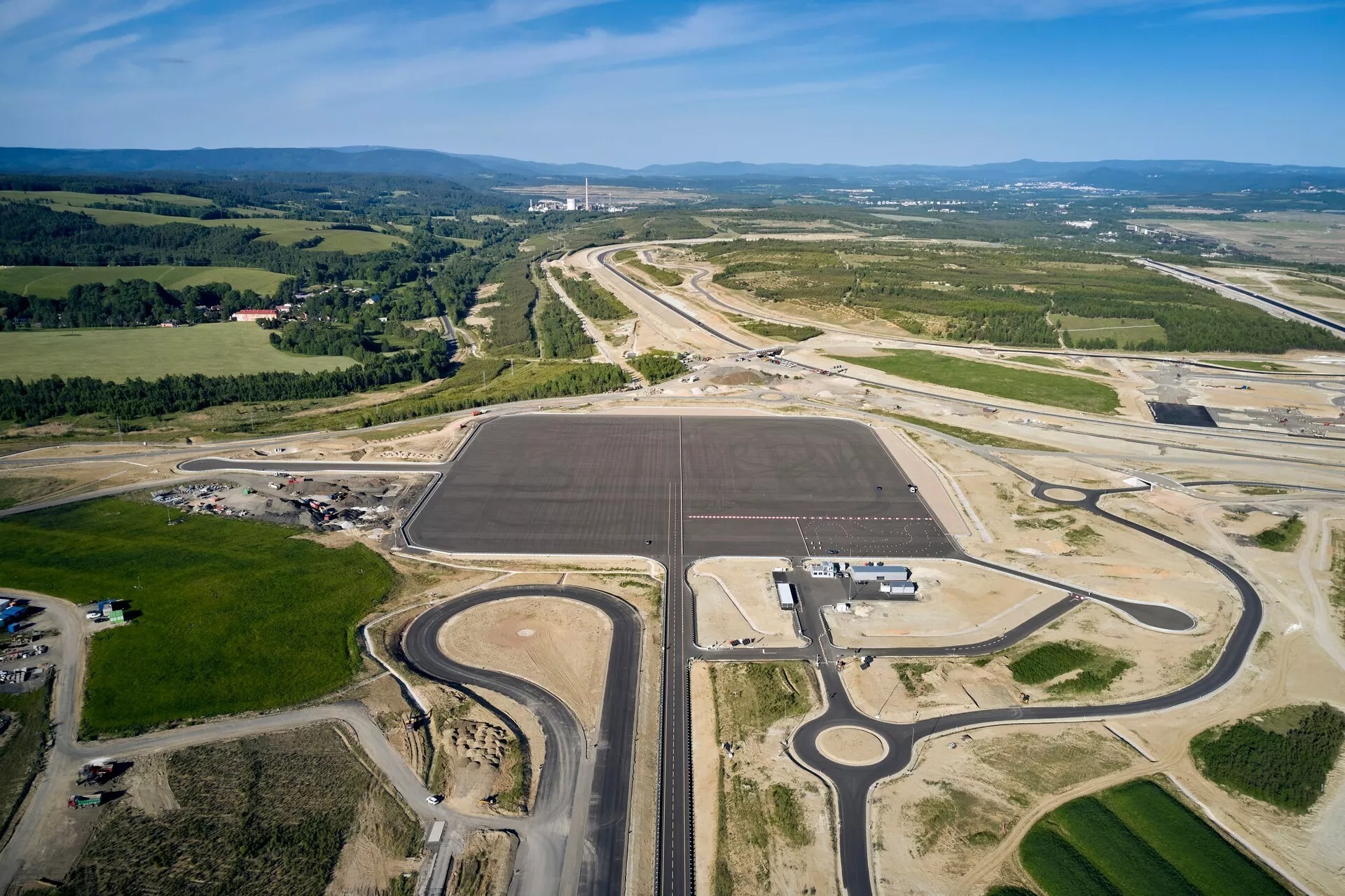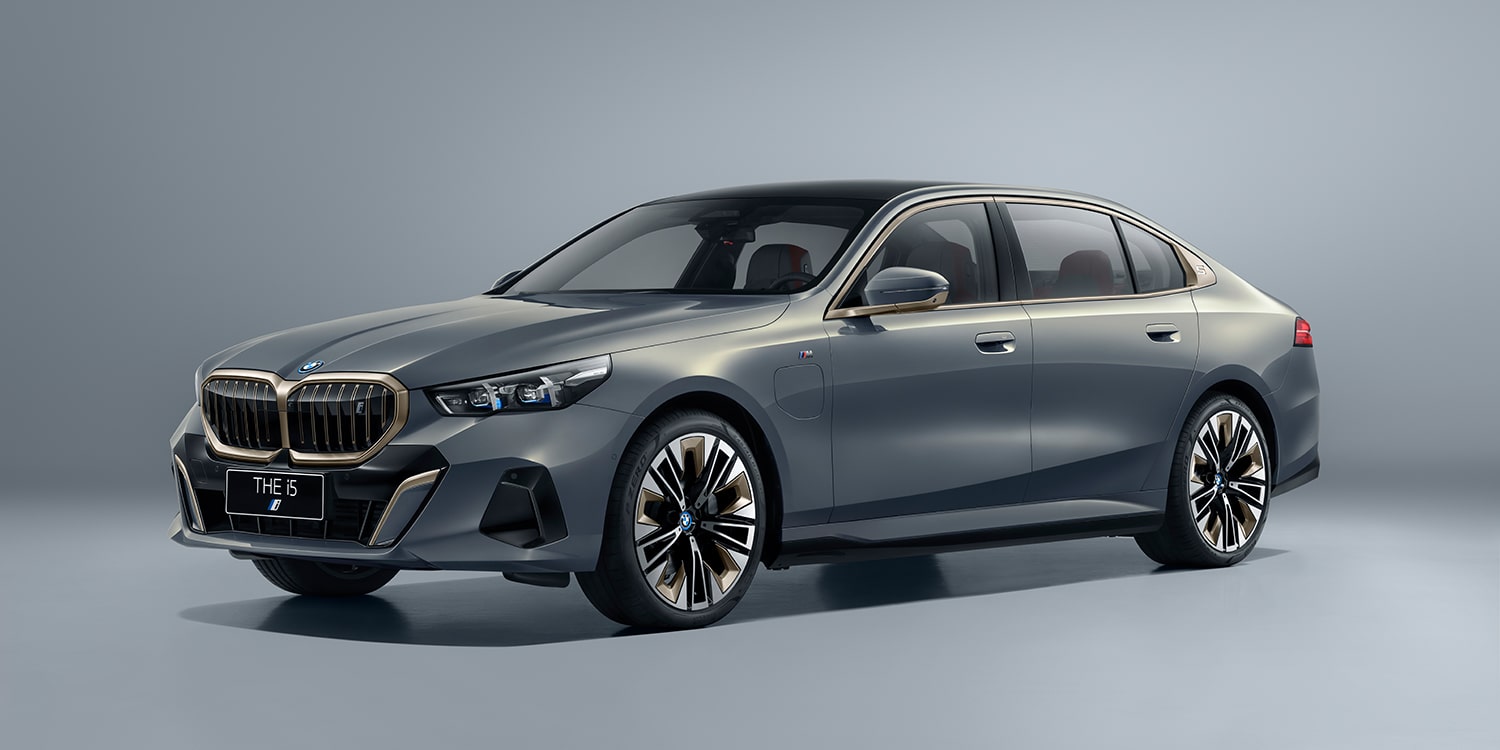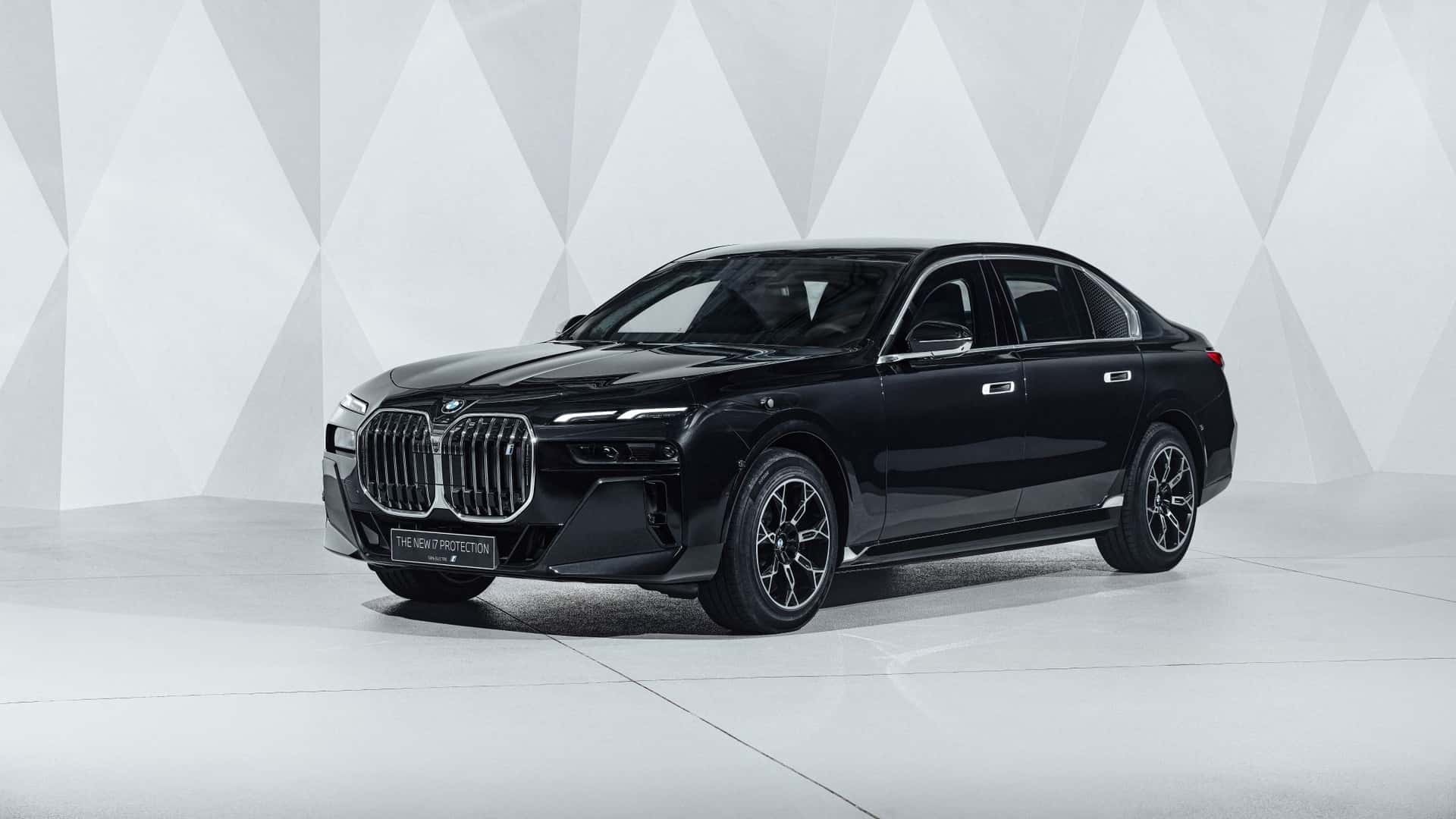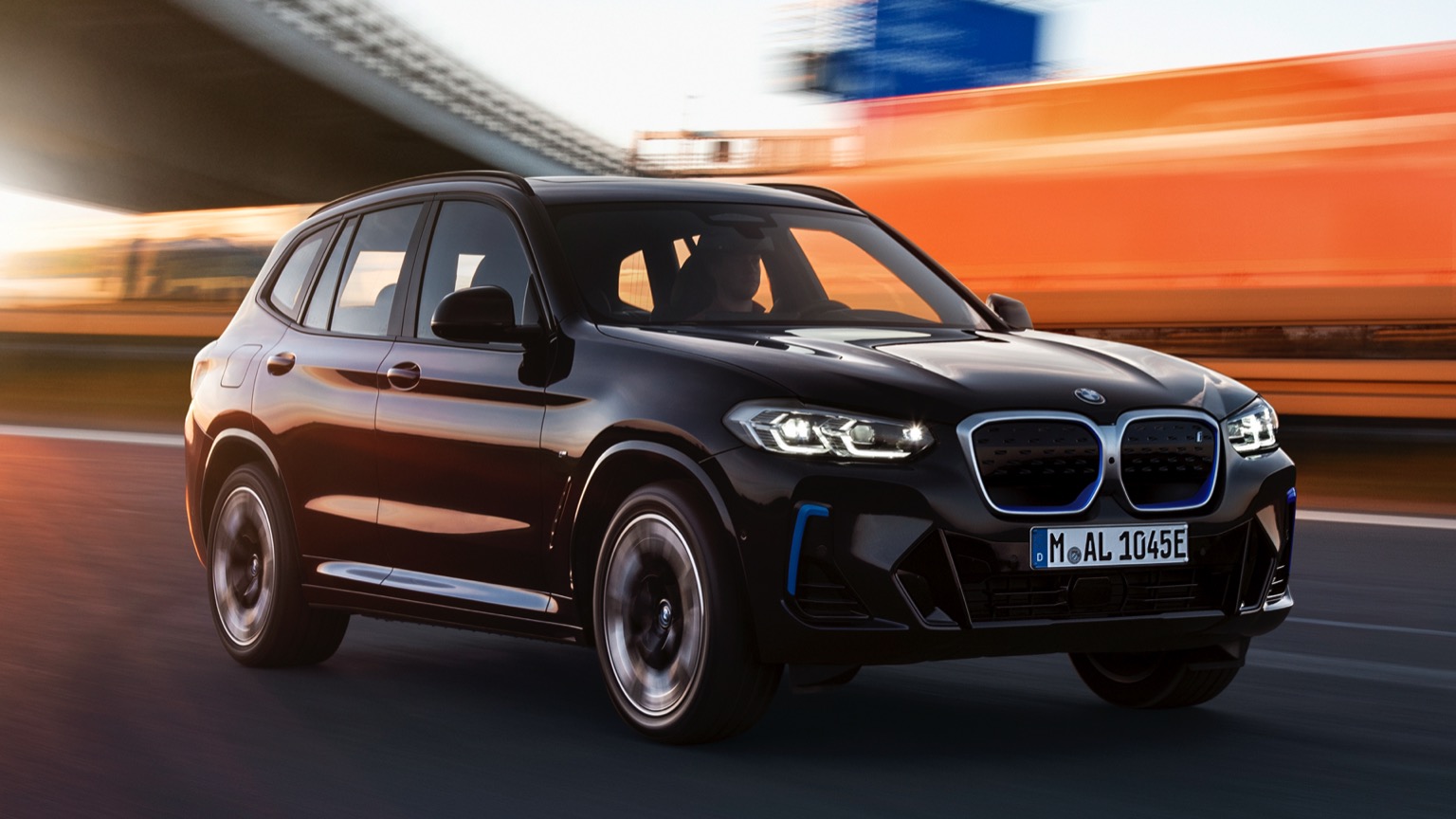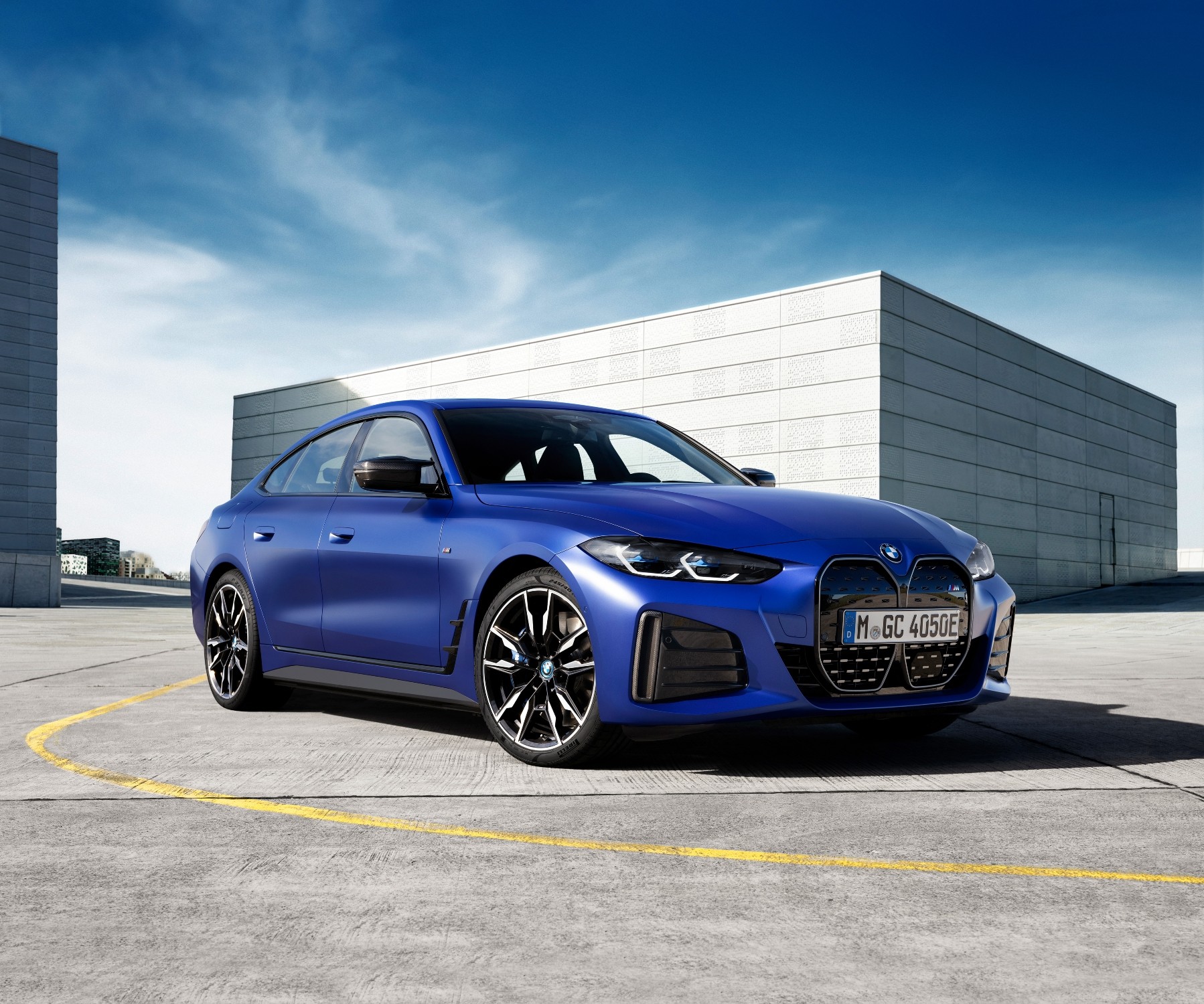In a bid to ramp up its commitment to electrification, BMW has announced that it is increasing its investments in electric vehicles (EVs) faster than originally planned. However, the company has refrained from setting a definitive end date for the production of combustion engine cars, citing continued strong demand in major markets like China and the United States.
The automaker is on the verge of achieving its goal of reaching 15% sales from battery-electric vehicles this year, outpacing its competitors Mercedes-Benz and Porsche, both of whom have seen battery-electric cars comprise approximately 11% of their sales.
CEO Oliver Zipse, a vocal advocate for reducing carbon emissions through technology investments, acknowledged that while progress is being made towards electrification, there is “no indication that the world is renouncing combustion engine vehicles.”
Unlike some of its competitors such as Volkswagen and Mercedes-Benz, who have already set targets for phasing out internal combustion engine production, BMW is not prepared to announce a fixed timeline yet. Zipse commented during a press call following the release of the company’s half-year results, “It’s still too soon to do so.”
The latest financial report shows a 2.9% decline in BMW’s second-quarter net profit, consistent with analysts’ predictions. However, it’s worth noting that last year’s figures were bolstered by the company’s decision to gain majority control of its Chinese joint venture, BMW Brilliance Automotive (BBA). Despite the dip in net profit, BMW experienced a notable 11.3% increase in sales and higher earnings due to improved pricing.
Chief Financial Officer Walter Mertl attributed slight price hikes to increased raw material costs during the second quarter.
BMW’s cautious outlook on the global economy echoes sentiments expressed by other European carmakers, with the company warning that supply chain and inflationary issues have eased but are not entirely resolved. Nonetheless, the company has cautiously adjusted its performance expectations upwards.
Looking ahead, BMW forecasts growth in the European automotive market, strong sales in the U.S., and modest growth in China for the remainder of the year, supported by solid orders and a recovering supply chain.
For the first half of the year, BMW reported significantly higher revenues, amounting to 74 billion euros ($80.87 billion). This boost can be attributed in part to the integration of BBA and increased sales and pricing.
EBIT for the first half of the year reached 9.7 billion euros, marking a substantial 42.6% increase. However, net profit declined to 6.6 billion euros, primarily due to a higher tax rate, according to the company.
Investing heavily in electrification and automated driving, BMW increased its research and development spending by 15.4% during the first half of the year, while capital expenditure rose by 10.3%.
The company also noted that higher material and manufacturing costs had some impact on first-half results.

